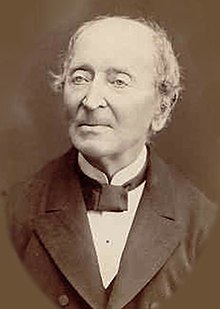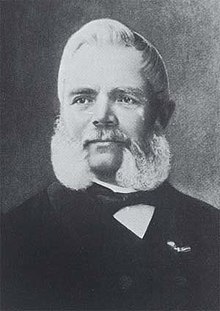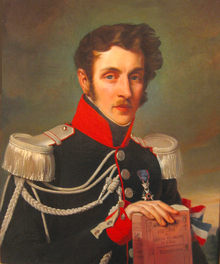The thread has been inspired by a post by Monia who wrote about the death of Stefan Kudelski, a Polish born inventor. His inventions, though, weren`t made in Poland.
en.wikipedia.org/wiki/Stefan_Kudelski
As the term intelligentsia isn`t too popular in some countries, here you are:
In the Polish language the term was popularised in a sense close to the present one by Polish philosopher Karol Libelt, and became widespread in Polish science after the publication of his O miłości ojczyzny (On Love of the Fatherland) in 1844, in which he defines "inteligencja" to be those well-educated members of the population who undertake to lead the people as scholars, teachers, clergy, engineers, and who guide for the reason of their higher enlightenment.
After the Partitions of Poland, Polish society remained divided into nobles-the surprisingly numerous class known as Szlachta - and peasants. The political and cultural influence of the cities was small in relation to Western Europe, though this influence was growing. The need for educated specialists created a new class of educated people: hired professionals, such as clerks, physicians, and lawyers. They were recruited mainly from among former nobles, but increasingly from the urbanized classes.
[i]The Polish intelligentsia specifically was considered the backbone of the modern Polish nation. Members of the intelligentsia were well aware of their social status and of their duties, of which working for the country and patriotism were considered the most important.[/i]
en.wikipedia.org/wiki/Stefan_Kudelski
As the term intelligentsia isn`t too popular in some countries, here you are:
In the Polish language the term was popularised in a sense close to the present one by Polish philosopher Karol Libelt, and became widespread in Polish science after the publication of his O miłości ojczyzny (On Love of the Fatherland) in 1844, in which he defines "inteligencja" to be those well-educated members of the population who undertake to lead the people as scholars, teachers, clergy, engineers, and who guide for the reason of their higher enlightenment.
After the Partitions of Poland, Polish society remained divided into nobles-the surprisingly numerous class known as Szlachta - and peasants. The political and cultural influence of the cities was small in relation to Western Europe, though this influence was growing. The need for educated specialists created a new class of educated people: hired professionals, such as clerks, physicians, and lawyers. They were recruited mainly from among former nobles, but increasingly from the urbanized classes.
[i]The Polish intelligentsia specifically was considered the backbone of the modern Polish nation. Members of the intelligentsia were well aware of their social status and of their duties, of which working for the country and patriotism were considered the most important.[/i]
 PolishForums LIVE / Archives [3]
PolishForums LIVE / Archives [3]




